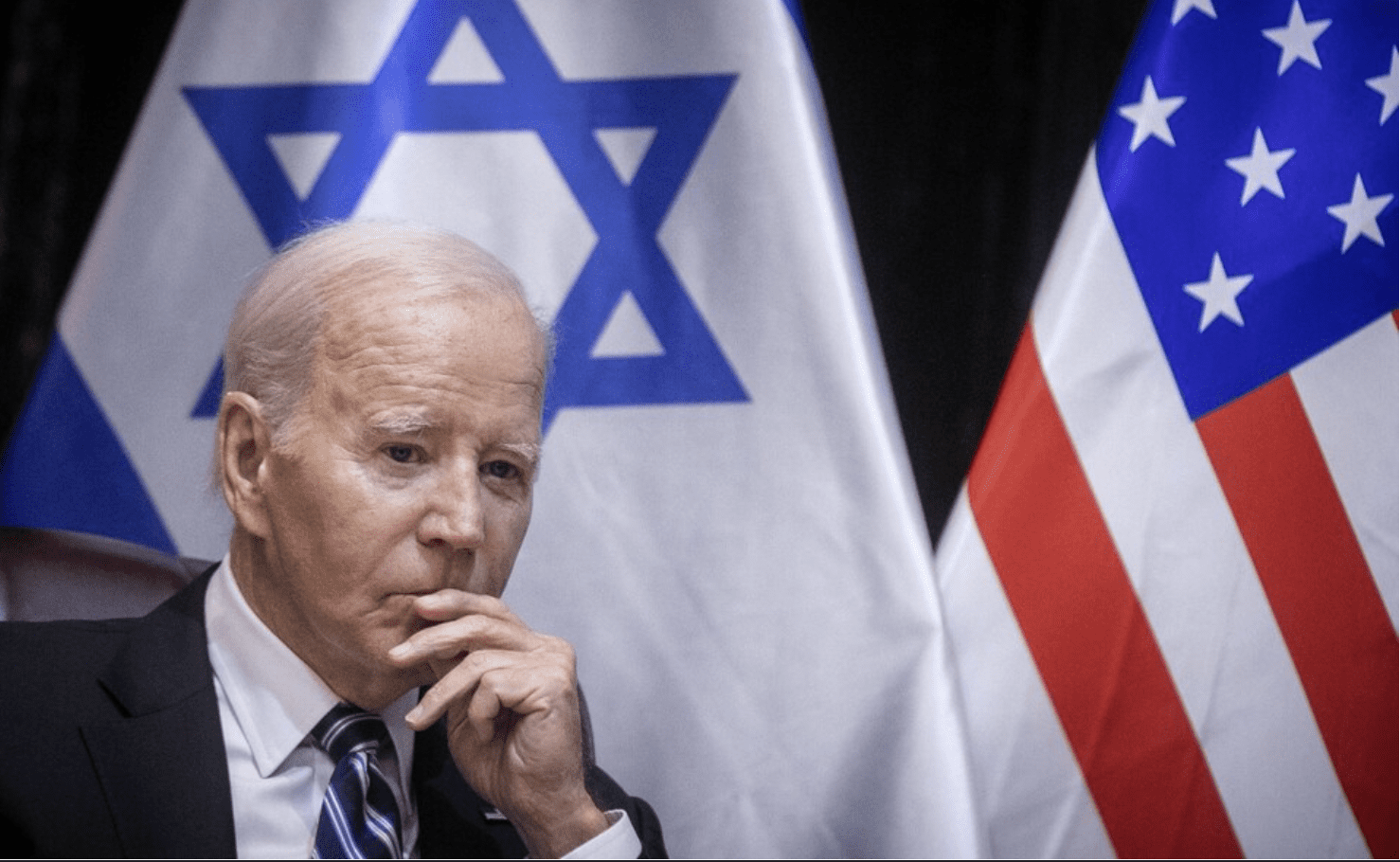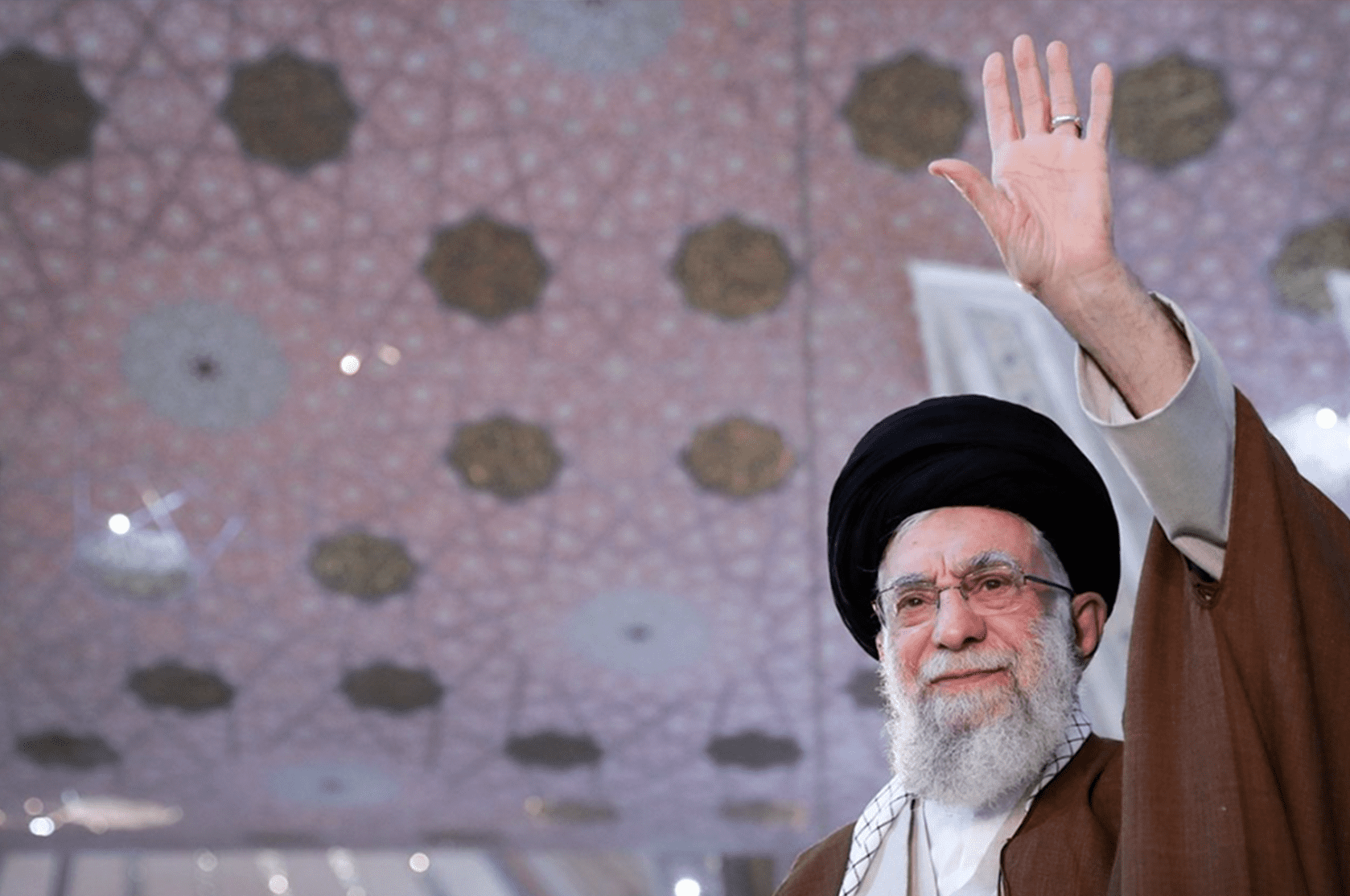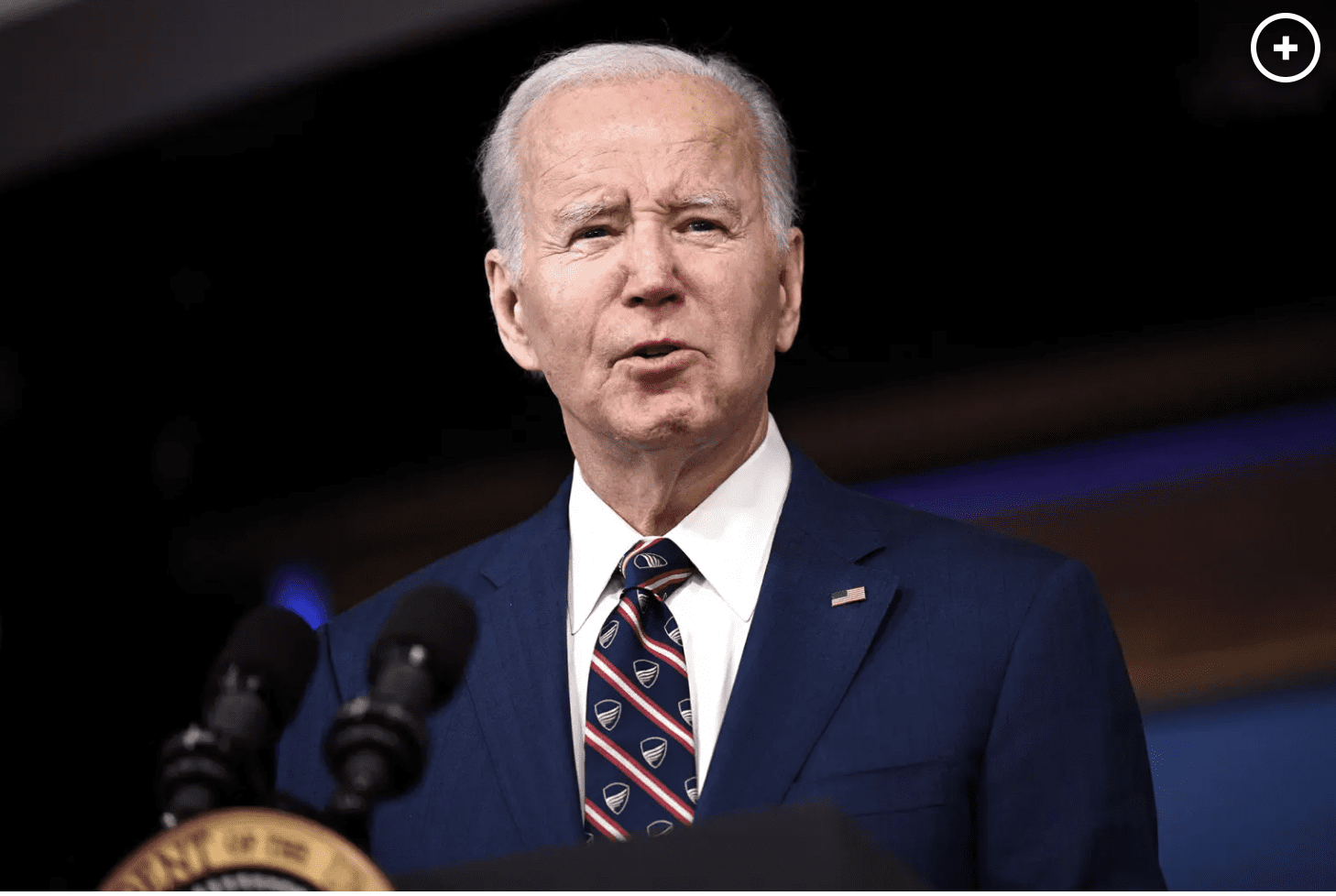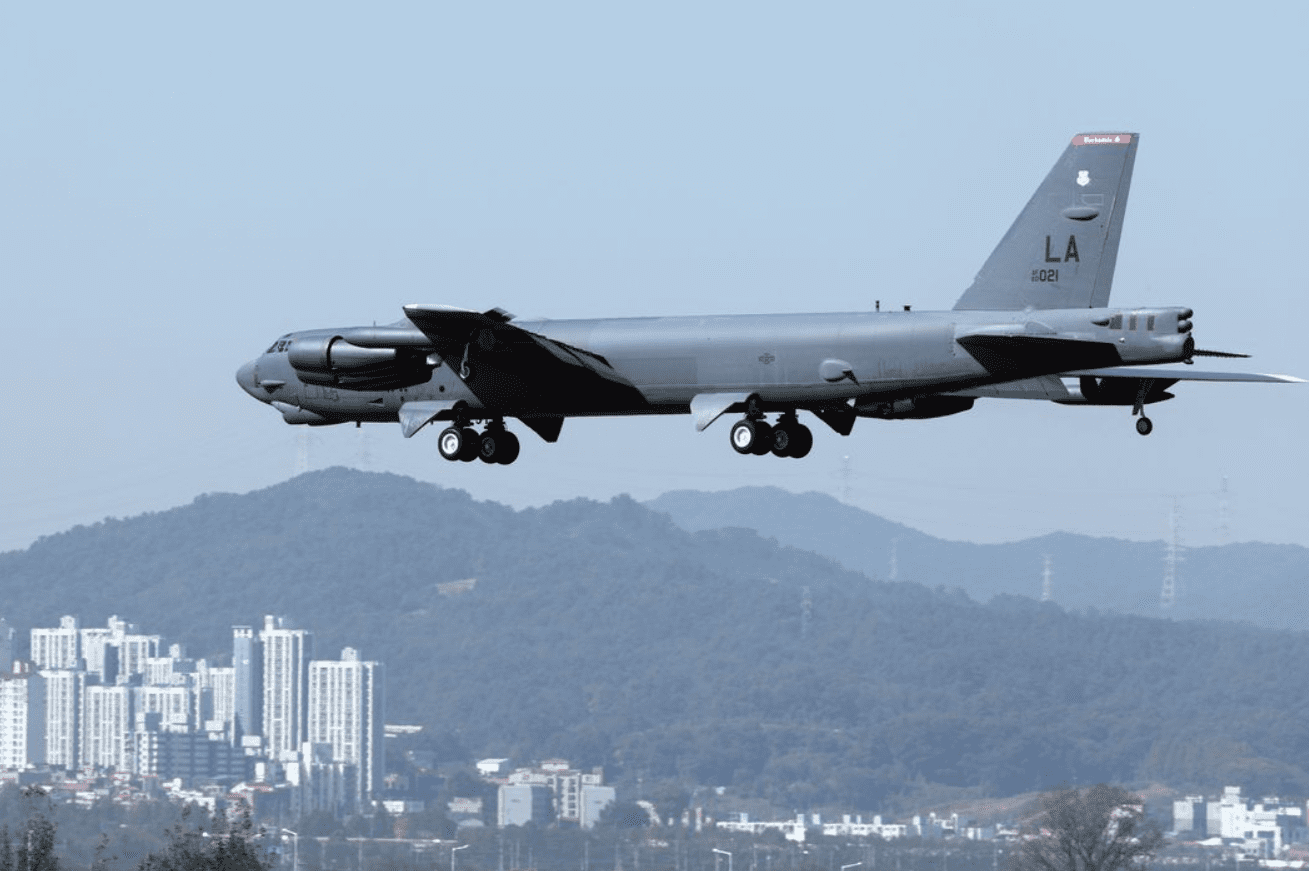By Dr. David Wurmser
The United States explained the purpose of Kamala Harris’ trip this week to Dubai. Among the points were that the US will have conversations with Israel to “shape the next phase of the war” in Gaza. While this is clearly further pressure on Israel to avoid greater civilian casualties – a reasonable but unnecessary request since Israel has already gone to impossible lengths to protect Palestinian civilians — it is also suggests how the US expects to leverage the course of this war to affect post-war outcome.
There has been confusion regarding the nature of American support for Israel. It was the consensus in Israel in the first weeks that the United States under the Biden team had two common goals: remove Hamas and help Israel focus on the south and avoid a two-front war immediately. True enough. But Israelis of all stripes projected their hopes further and welcomed the impression that the US now “gets it” the same way as has been seared into Israel’s soul through the horror of October 7. Not only that Washington “switched its diskette” on Hamas, but on Palestinians, Hizballah and Iran. As such, American actions — including moving carrier battle groups and reinforcing US bases region-wide — were assumed first to be support on helping Israel survive initial attack and second to adopt a muscular, if not even threatening policy on Iran. In essence, Israelis believed that Israel and the US were traveling along the same line, or at least two closely tracking parallel lines.
The problem is they are not.
The United States and Israel travel on intersecting and not parallel lines. The distinction is important. Parallel lines never touch, but they always run together. Intersecting lines on the other hand, converge at one point but eternally diverge afterwards. The point of convergence between the United States and Israel has now yielded to the inevitable divergence, and the strategic implications could not be graver. Moreover, the vast chasm emerging is both on the issue of Palestinians and the larger threat of Iran.
The divergence is most evident through the increasing tone of statements coming from Washington about how to “shape” this war. There is a tension — strategic and moral –between a war narrowly focused on defeating Hamas and extending the Palestinian Authority, and a broader strategic war to change Israeli security on every border let alone advance a regional defeat of Iran and its proxies, which remain the ultimate source of the problem.
Israel’s population has undergone a traumatic paradigm shift. It fights this war informed by a broader and grounded understanding of the region and its dynamics that unfortunately indicts policy on the region that both Jerusalem and Washington had indulged for the last thirty years. Washington, however, proceeds as if nothing has changed. It remains in paradigmatic stasis. It still labors under the delusion that the exit to all this is a combination of some sort of Oslo 2.0 and JCPOA 2.0 (Iran deal). Hence its engagement with Abu Mazen and its cultivated restraint and lack of meaningful responses to nearly 80 attacks on US bases across the region and regional attacks by Iran’s proxies from Yemen to Iraq.
Because the US now focuses on “the day after” plans for Gaza, and because Secretary Blinken reportedly demanded that Israel not expand the geographic parameters of the war, it has essentially made support for Israel conditional — specifically as long as the goal of the war remains laser-focused on the removal of Hamas to facilitate restoring Palestinian Authority (PA) control over Gaza.
Stripped of all the noise, essentially this is less support for Israel than support for the Palestinian Authority via Israel, while ignoring Hizballah and Iran. The US is using this war — and all Israel’s sacrifice — to revive Oslo by making Palestine safe for Abu Mazen.
For the US, this is a war to save a paradigm in Washington. For Israel, it is a war for survival against a vast Iranian threat and Palestinian irridentism. As long as the United States fails to appreciate the war in this context, then it bodes ill about the future of Israeli American relations.
Or does it?
In my many years as a senior US official dealing with Israeli officials, it always struck me that they regard State Department corridor messages as the definitive word on US policy for Israel. Yet, Americans strongly support Israel. Congressional support is strong and growing. No President can afford to abandon Israel as long as the American people view it as a close ally fighting darkness. The belief Israel is acting fiercely to defend its independence and freedom — alone if necessary – taps into classic American imagination in popular culture as the epic hero. The irony missed often by Israelis is that the more they act in deference to the State Department, the more they damage their brand in the American public’s psyche, and the more they surrender popular support now and affinity in the long run.
The President does have a problem with progressives’ pressure to confront Israel. As long as Israel defers to American demands, it yields the field to progressives to dominate cost-free. If however, this president is forced to choose, the Democratic leadership understands that the party will lose swing districts in the 2024 Congressional elections as well as possibly the White House. Progressives cannot deliver the floating center of American politics. They have nowhere else to go; centrist liberals do.
As such, Israeli deference is self-defeating. Israel suffers self-deterrence.
The stakes could not be higher. Israel must decisively win this war, secure its citizenry country-wide, strategically devastate Iran’s regional reputation, and establish Israel as a powerful regional actor. The viability of the state depends on it.









